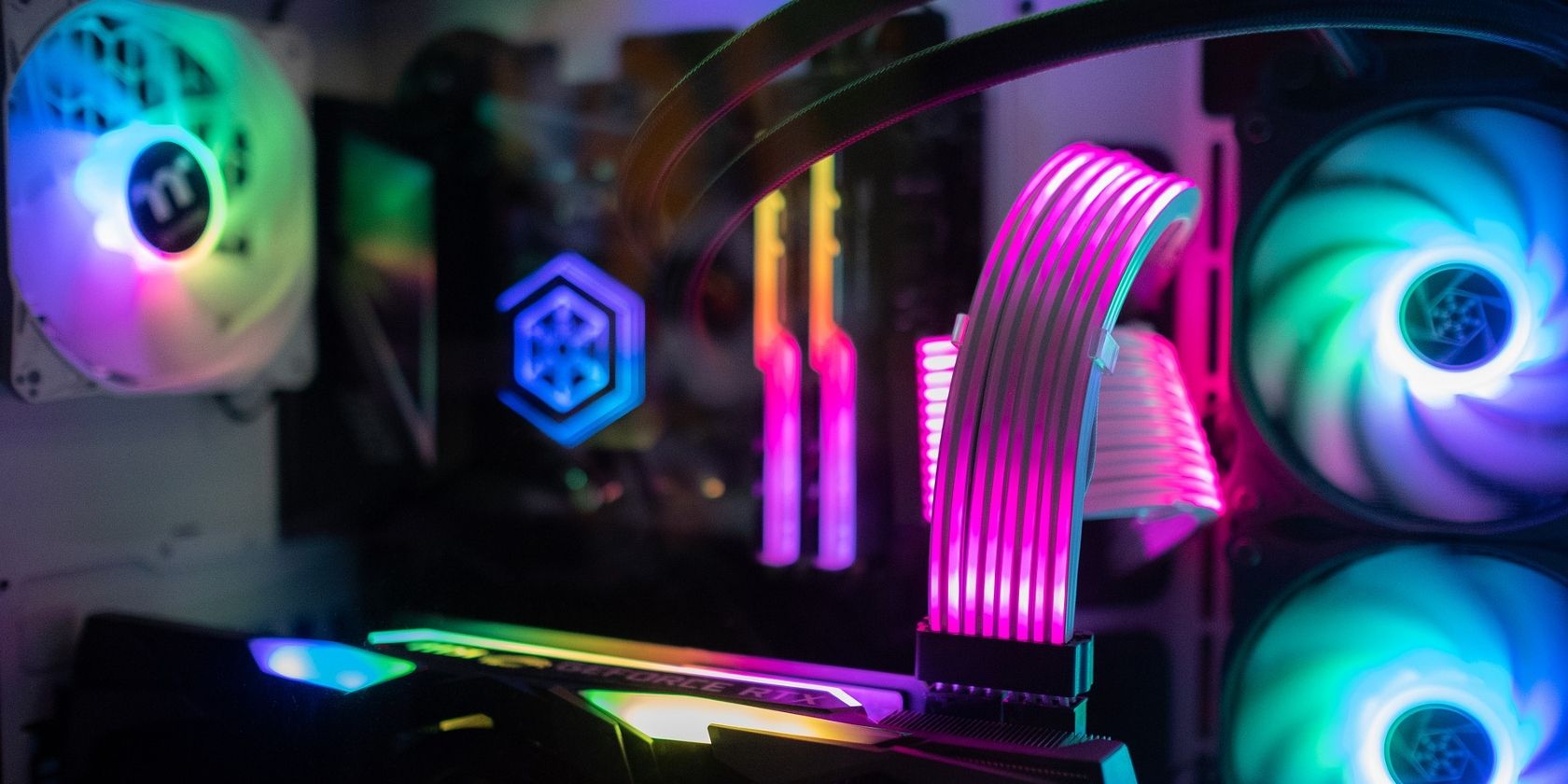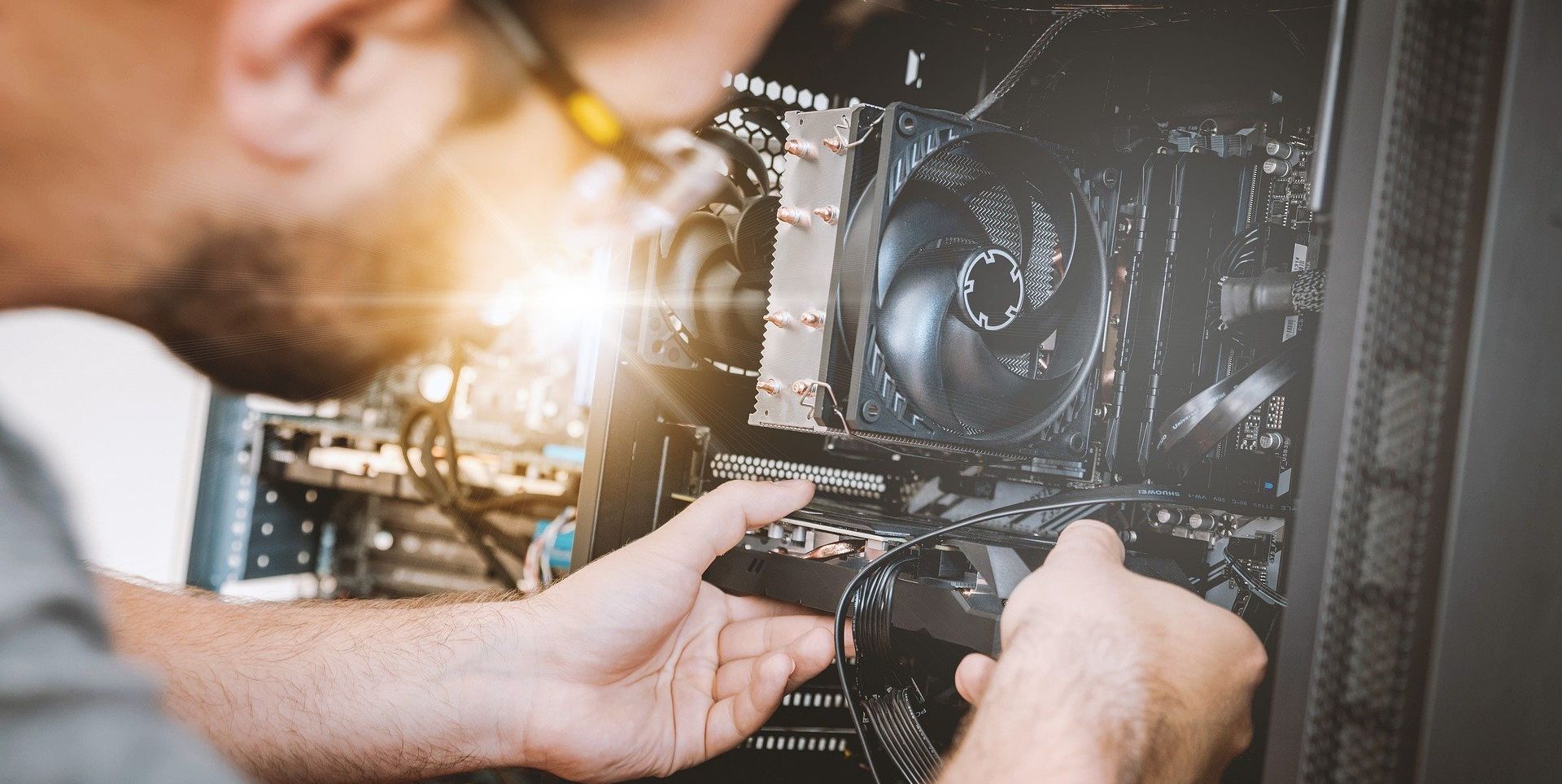Like many other tech products, PCs can rack up a pretty hefty bill, so it's worth knowing what you're getting if you're going to make a significant investment. A particularly important question to ask when you buy a PC is how long it will last—but is there really a simple answer? Do PCs all have similar lifespans, or are there other factors that play into this?
How Long Should A PC Last?
If you simply search "How long should a PC last" on a search engine, you'll find results ranging between three and ten years, which is pretty broad and doesn't really provide you with a satisfying answer. But, in any case, you should expect to get an absolute minimum of three years out of your PC.
Of course, no one can provide you with a blanket lifespan for all computers, as the make, model, CPU, and other factors relating to a particular PC can affect how long it lasts. But it doesn't end there. A wide range of things can improve or worsen your PC's overall life cycle, as they are complex machines with a number of different components.
It's also important to understand what it means for a PC to reach the end of its lifespan. This doesn't necessarily mean that the screen suddenly goes black, and everything shuts down all at once. Often, a PC is considered to have reached the end of its life when the cost of fixing or replacing faulty parts surpasses the cost of buying a new model, something you may have experienced before with your own computer.
So, let's get into what influences your computer's lifespan.
What Affects a PC's Lifespan?
If you're wondering why your PC is already showing signs of wear and tear after a short period, or if you simply want to ensure your PC keeps going for as long as possible, take the following factors into account.
1. Usage
If you only use your PC to check the news, do some online shopping, or watch an episode or two of a TV show, it will most likely last longer than it would if you were using it all day long. Computers used to carry out energy-intensive operations, such as those required for regular livestreaming, cryptocurrency mining, or gaming, are more likely to run into problems, as a lot more stress is put on crucial parts of your device.
2. Dust
Another PC killer that can render your device useless is dust. Dust is hugely problematic within a PC and can cause your CPU and other parts to overheat quickly, even when the cooling fans are operating. This can put a lot of stress on your computer's components, so it's crucial to clean it thoroughly every now and then.
It is generally recommended that you clean your PC every six to twelve months, though the process of doing so will differ depending on the kind of computer you have. But desktop computers and laptops can both be cleaned, and you'll likely find a cleaning tutorial for your exact model online.
3. Components
There are also multiple different PC components that tend to become faulty over time, which can spell death for your PC if not fixed or replaced. While any part of your PC can cause problems, the motherboard, cooling fans, and RAM are among the most susceptible to error.
However, if you decide to replace a part of your computer with a more energy-intensive component, this will most likely take a toll on its lifespan. So, while an upgrade may result in faster processing speed, more memory, or otherwise, this may be simultaneously putting your PC under additional stress.
4. Temperature
Heat and cold can both have a detrimental effect on your computer. Of course, overheating is a big issue for PCs, as previously mentioned, but keeping your computer in a cold room can also become a problem. For instance, if you leave your computer powered down in a very cold room, and then switch it on, heat will rapidly travel through the circuitry and cause components to expand and distort.
Most computers are designed to operate between 50 and 90 degrees Fahrenheit, so try to stick within these boundaries to avoid damaging your device.
5. Power Surges
There are a few additional things that can take a toll on your PC's lifespan, too. Power surges are essentially voltage spikes caused by interruptions in electricity flow, and can fry processors and damage other parts of your computer. This could leave lasting damage that can affect your PC's performance and lifespan.
Our PCs Are Invaluable, So It Pays to Keep Them In Good Condition
PC lifespans can differ drastically for a number of reasons, so it's worth knowing how you can keep yours in check so that it can last for as long as possible. While we may think that our computers are designed to look after themselves, this isn't the case, so a little TLC and maintenance here and there can certainly make a huge difference.



